
Catering to Today’s Vegetable Gardener
Vegetable gardening continues to surge in popularity. More and more consumers want the experience of growing their own produce.
Some seek the satisfaction of producing the vegetables they use in their favorite recipes, while others are in it for the knowledge of where the fruit or vegetable came from and how it was grown.
Size Matters
Modern vegetable gardens range in size from a plot to a pot. Each type of garden has different requirements, as does each type of gardener. Understanding your customer base will help you choose the right mix of varieties and container sizes to offer.
A retail store in an urban area or near neighborhoods with a lot of mature trees, small lots, condos or townhomes will most likely cater to consumers growing in small-space gardens or containers. Offering a selection of vegetables in 4-inch pots allows these customers to plant a wider assortment in their relatively limited confines.
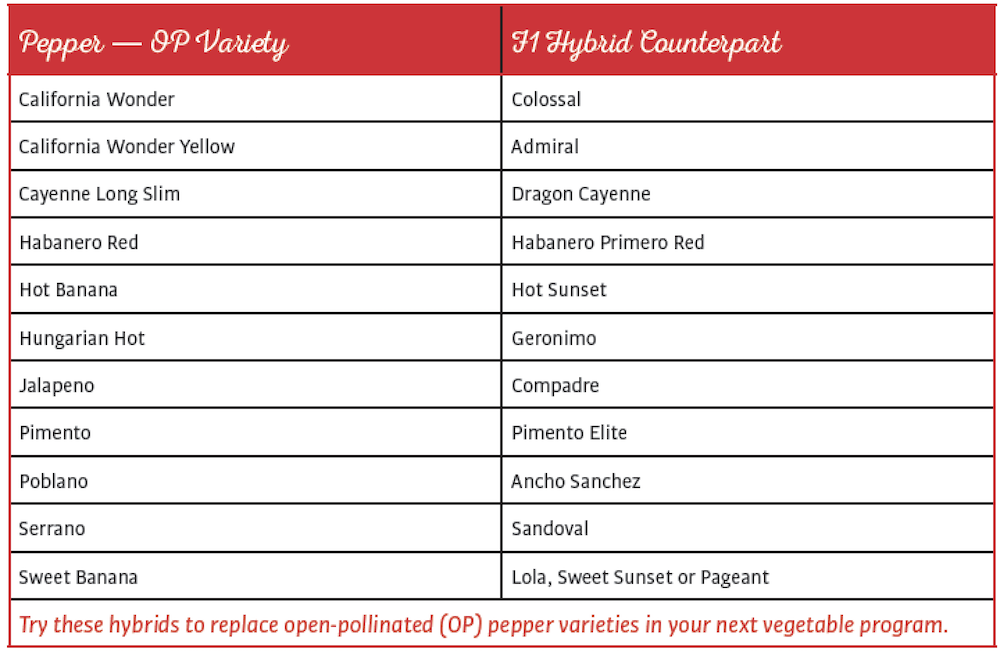
Consider offering a variety of 12- to 14-inch home garden-ready containers as well. Many hybrid vegetables are well suited to container production. Look for compact, early and prolific varieties that are easy to manage in containers or small-space gardens while providing high yields to the gardener.
If, on the other hand, your store is near community garden plots or neighborhoods with larger lots, your clientele could include a higher number of traditional vegetable gardeners with larger spaces to fill. While 4-inch pots allow more variety in these gardens, too, the traditional vegetable gardener is also attracted to the value offered by vegetable plants in packs.
Offering both encourages gardeners to explore future favorites along with the security of their tried-and-true selections — a win-win.
The Great Heirloom Debate
We can’t discuss vegetable gardening without talking about heirloom varieties. What type of gardener wants heirlooms and what type wants hybrids?
The answer is probably both will want both, so it’s up to the retailer to determine the right mix. What follows is some information to guide you to the right answer for your store.
Heirlooms are sought-after for their history, as in, “This is the same variety my great-grandmother grew in her Victory Garden during WWII.” Heirlooms are revered for their special flavors and sometimes unique colors and/or shapes.
If a gardener seeks heirlooms for nostalgic reasons or is motivated by a desire to preserve the variety for future generations, we won’t convince them otherwise. Always have a few heirloom options in your program.
If it’s really flavor they’re after, however, modern hybrids could be a better option for some gardens.
Mythbusting Heirlooms and Hybrids
Vegetable breeding has advanced significantly in recent years. Old perceptions, however, can be tough to shake. Let’s debunk three common myths regarding heirloom and hybrid varieties.
Myth #1: Heirlooms are great for every garden
While flavor and history weigh heavily in a homeowner’s decision to purchase heirlooms, these varieties often come with some challenging characteristics.
Heirlooms can be much later to fruit. They can require much more space in the garden. They can also be much less productive than a modern hybrid.
Thus, heirlooms aren’t ideal for containers or small-space gardens. What a consumer thinks they’re gaining in flavor, they may be losing in crop yields. Managing these traits can also be tricky for less experienced gardeners.
Myth #2: Hybrids are flavorless.
Early hybrid tomatoes and peppers gained a bad reputation for being flavorless. Accused of selecting for durability in shipping and shelf life, commercial vegetable breeders weren’t embraced by the home garden community.
Today, hybrid vegetable breeders are breeding for many markets including fresh market, home garden and controlled-environment agriculture. In all of those segments, flavor is a key selection criteria!
You can trust the hybrids that make it to your greenhouse are quite flavorful. In fact, they offer all the flavor of open-pollinated (OP) or heirloom classics, along with improved disease resistance, better yields and in many cases, earlier harvests.
Myth #3: Hybrids are GMOs.
Hybrids are the result of the traditional breeding process, crossing of two distinct parent lines to yield a first-generation (F1) offspring with qualities from both parents. Professional breeders work with genetics in their breeding lines that bring desirable characteristics to their offspring. These characteristics include but are not limited to:
- Disease resistance
- High yields
- Heat or cold tolerance, depending upon regional need
- Fruit size
- Fruit shape
- Texture
- Color
- Plant habit for easy harvest or space saving and container performance
- Foliage cover to reduce sunscald
- Last, but definitely not least, flavor!
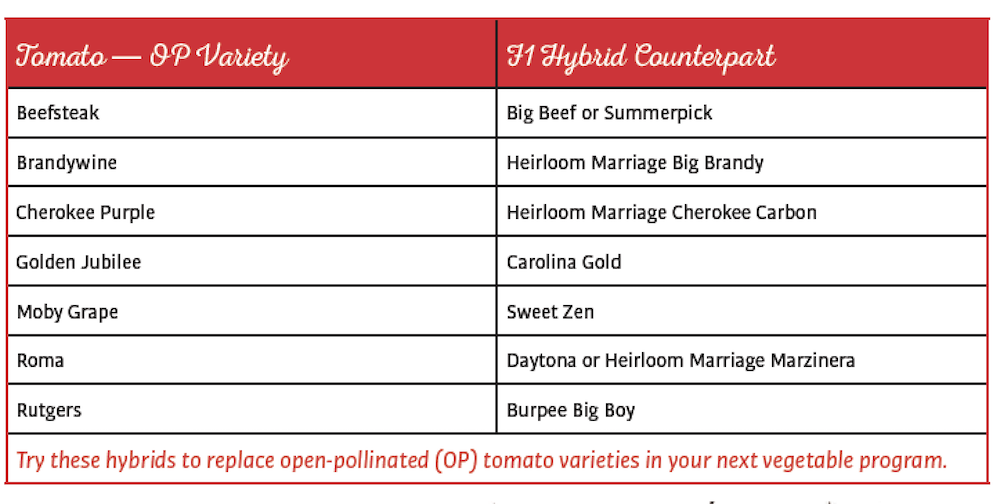
While variety selection for the home vegetable garden is a personal choice, you have the power to steer your customers toward options that’ll help them be successful. Curate your assortment — variety options and container sizes — to meet the needs of the typical consumer in your area.
Share your knowledge — through conversation and/or signage — to ensure your customers understand the benefits and challenges of the varieties they’re considering. An educated consumer is a more successful gardener and, ultimately, a loyal customer for years to come.


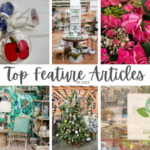

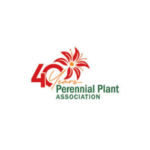

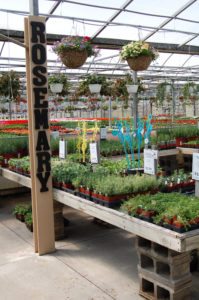
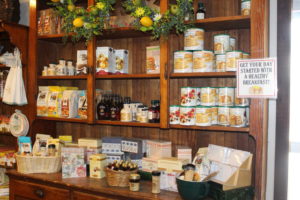
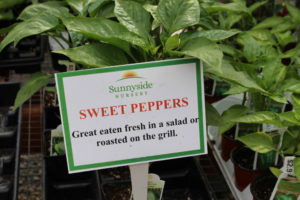

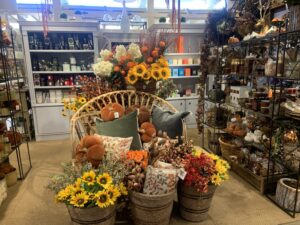
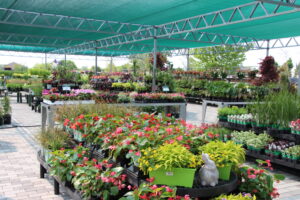
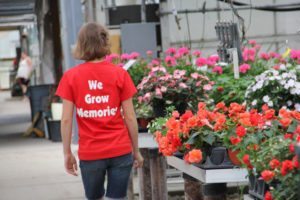
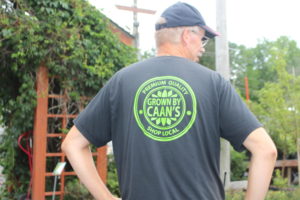
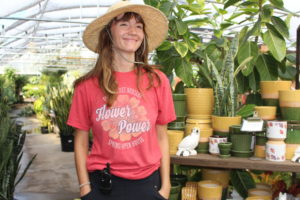
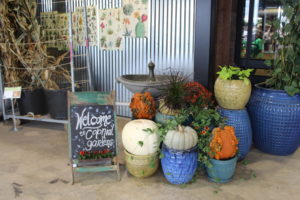


 Videos
Videos





